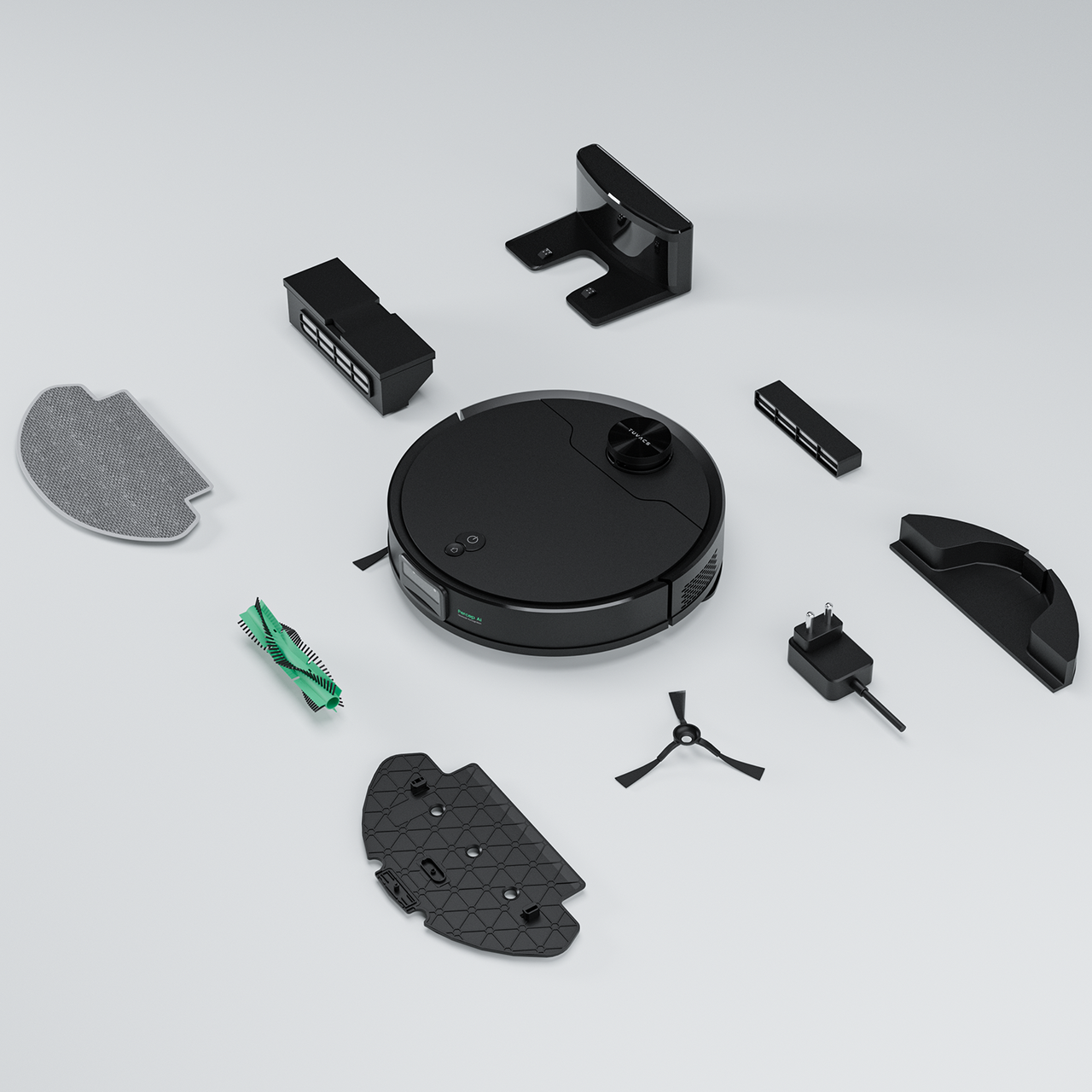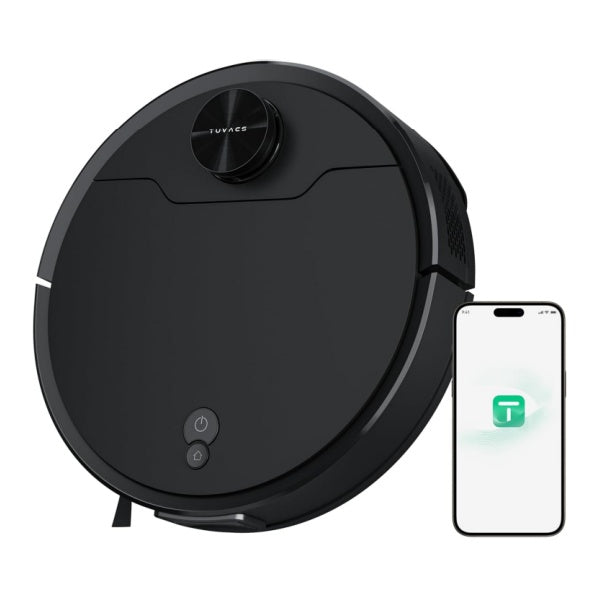
Have you ever watched your robot vacuum glide effortlessly around your living room, mapping out every corner with precision? It’s like having a tiny, tireless housekeeper that never complains! But beyond the convenience and tech-savvy charm lies an intricate web of legal regulations that govern these nifty devices. Today, let’s dive into the fascinating world of lidar navigation robot vacuums and explore their unique legal attributes.
The Legal Framework Surrounding Lidar Navigation Robot Vacuums
Lidar navigation robot vacuums are not just marvels of technology; they also operate within a complex framework of laws and regulations designed to ensure safety and privacy. These devices utilize laser-based sensors to create detailed maps of our homes, which raises important questions about data protection and consumer rights. As manufacturers develop Internal Compliance Programs (ICPs), they must navigate various compliance requirements while ensuring user data is handled responsibly—an essential feature in today’s digital age.
Find more about automatic robot vacuum for home.
Diving Deeper: Automatic Robot Vacuum for Home & Internal Compliance Programs

When we talk about automatic robot vacuums for home use, it becomes crucial to understand how these machines fit into broader Internal Compliance Programs. Manufacturers need to establish protocols that address potential risks associated with data collection during cleaning sessions. This includes implementing robust cybersecurity measures to protect against unauthorized access as well as providing clear guidelines on how customer information is stored or shared. By doing so, companies can foster trust among consumers while adhering to regulatory standards.
Tuvacs: A Case Study in Internal Compliance Programs
Let’s take Tuvacs as an example—a brand known for its innovative approach in the realm of lidar navigation robot vacuums. Tuvacs has developed comprehensive ICPs that prioritize transparency and accountability when it comes to user data management. Their commitment extends beyond mere compliance; they actively engage customers by informing them about their rights regarding personal information usage through easy-to-understand policies. This proactive stance not only enhances customer confidence but also sets a benchmark for industry practices.
Conclusion: Navigating the Future with Confidence
In summary, lidar navigation robot vacuums represent more than just cutting-edge technology—they embody significant legal considerations tied closely to internal compliance programs. As we embrace this new era where smart appliances become commonplace in our homes, understanding their regulatory landscape will be vital for both manufacturers and consumers alike. With brands like Tuvacs leading the way towards responsible innovation, I’m excited about what lies ahead!
